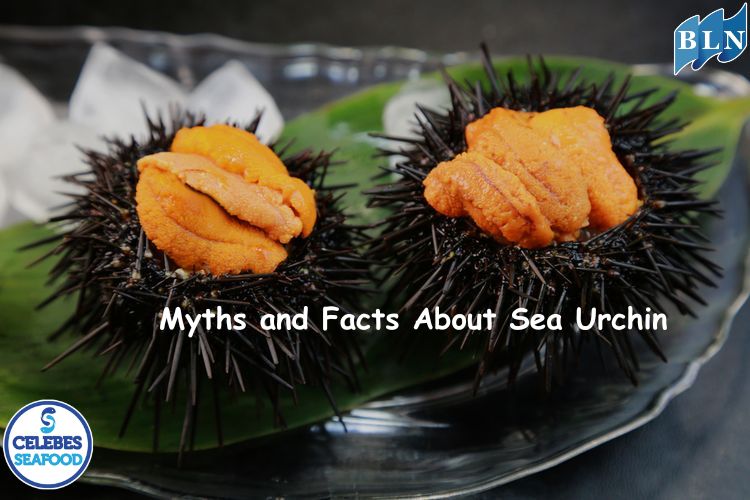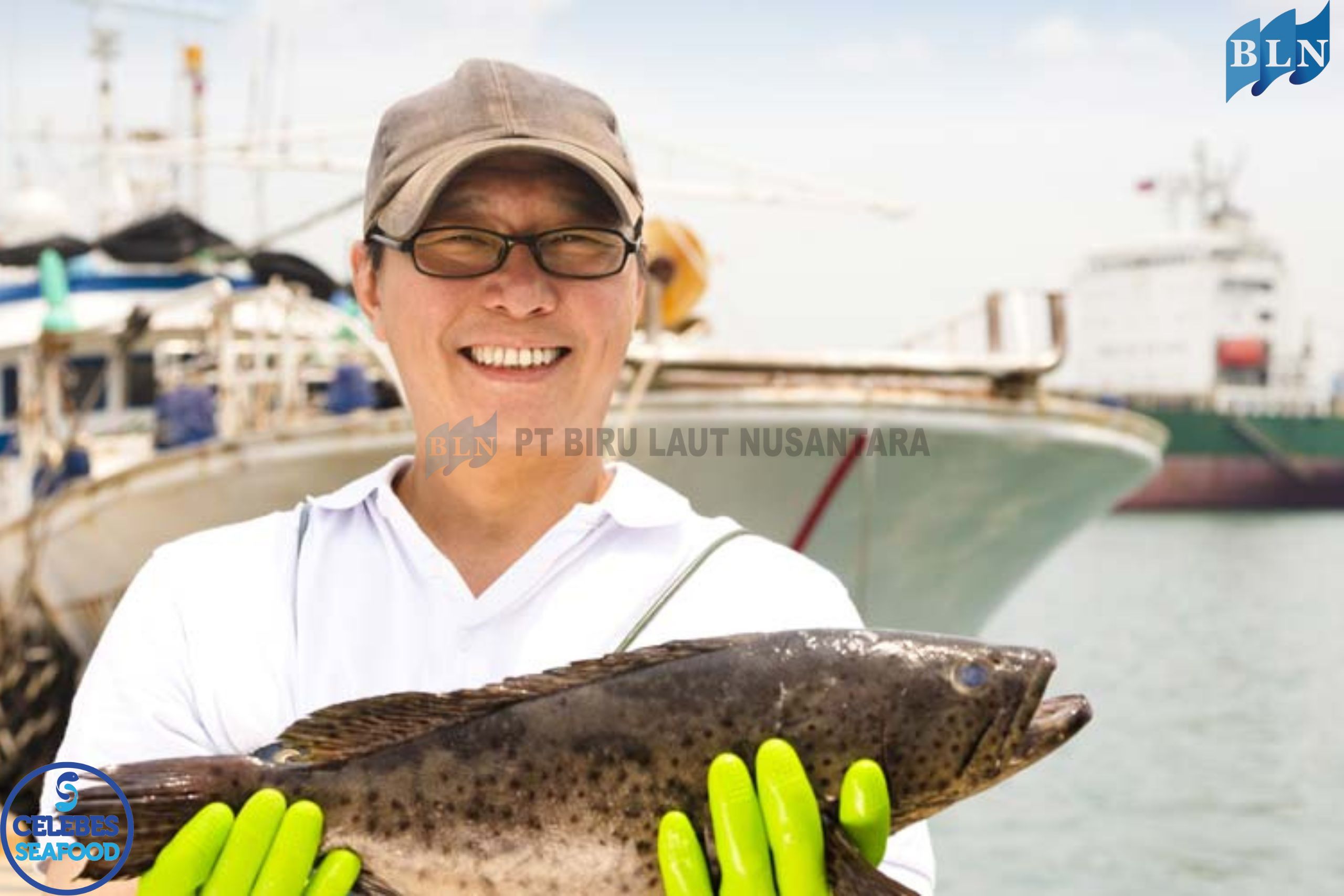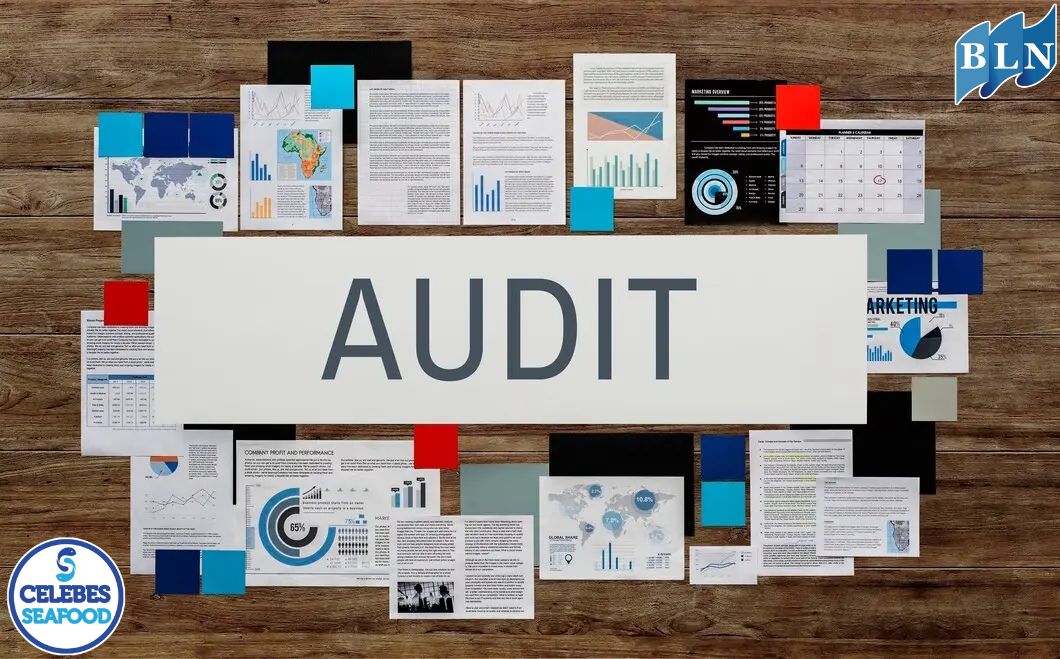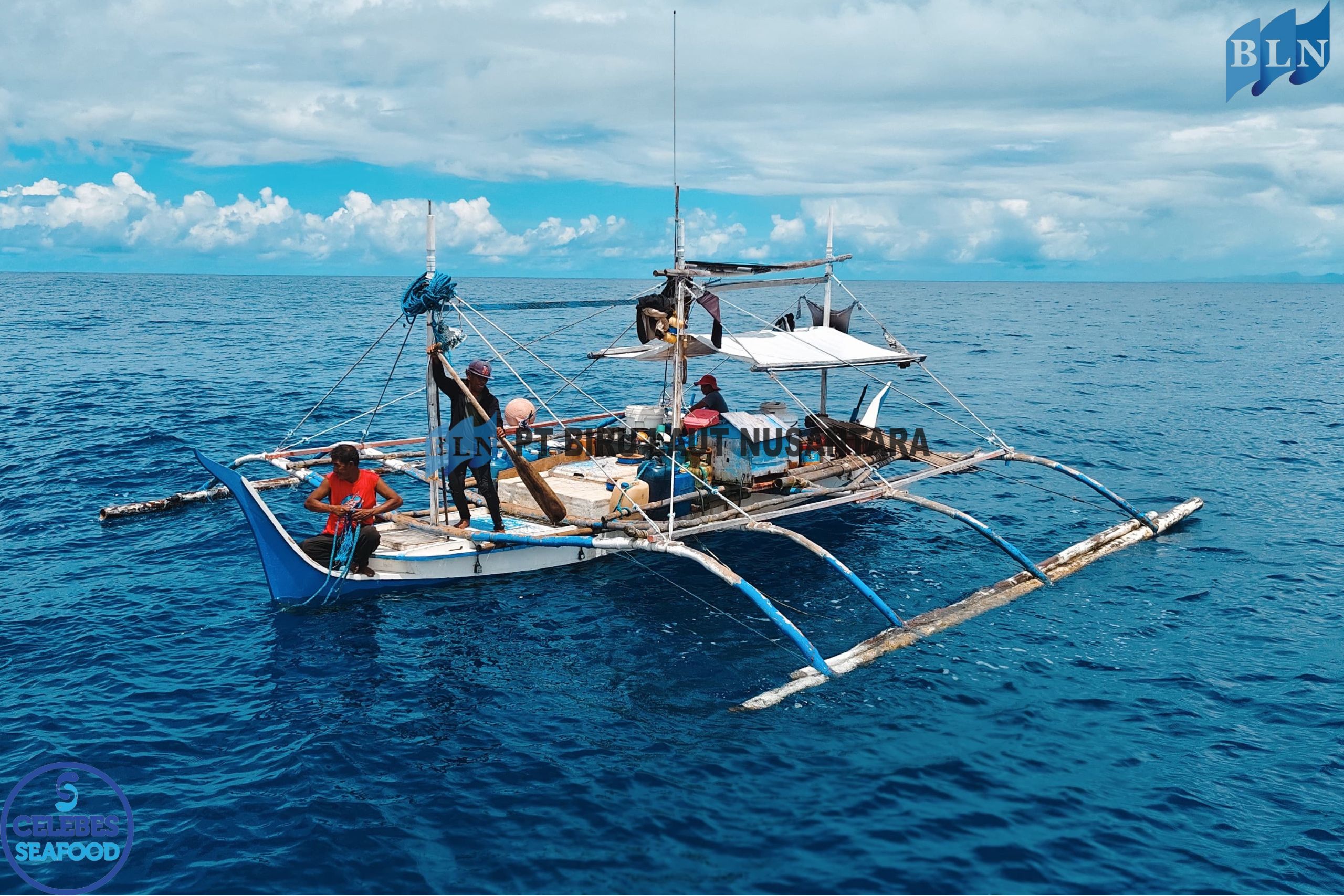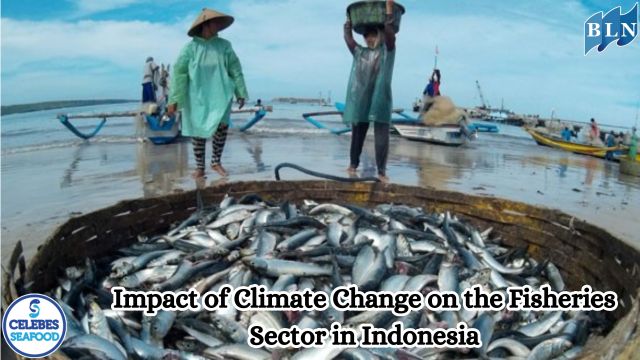4 Fish Scraps Effects On Environment
By. Nevanda - 06 Jul 2023
lautnusantara.com - Fish scraps encompass various parts of fish that are left unused during processing, including heads, tails, fins, and internal organs. Although considered byproducts, their environmental repercussions are far from insignificant. The disposal methods employed for these remnants can determine whether they contribute to the degradation of aquatic environments or find beneficial use in recycling systems.
Fish scraps, or leftover parts of fish after processing, can also have negative effects on the environment if not properly managed. Here are some potential negative impacts:
Read also: Here’s What You Can Do With Fish Scraps
1. Water Pollution
Improper disposal of fish scraps can result in water pollution. When fish scraps decompose, they release organic matter, including proteins and fats, which can contribute to nutrient enrichment in water bodies. This can lead to eutrophication, harmful algal blooms, and oxygen depletion, similar to the effects of fish waste.
2. Attraction of Predators
Fish scraps left in or near the water can attract scavengers and predators, such as seagulls, raccoons, or other wildlife. This concentration of animals can disrupt the natural balance of the ecosystem, potentially leading to increased competition or predation on other species.
Read also: This Is Why Fish Waste Is a Potential Resource of Biogas
3. Disease Transmission
Fish scraps may contain pathogens or parasites that can be harmful to aquatic organisms. If these scraps are not disposed of properly, the pathogens and parasites can spread, potentially causing diseases in fish and other wildlife.
4. Habitat Disturbance
Dumping fish scraps in or near aquatic habitats can disrupt the natural balance of the ecosystem. The accumulation of scraps on the seafloor or riverbed can alter benthic habitats, affecting bottom-dwelling organisms and their interactions with other species.
To mitigate the negative effects of fish scraps, it is important to follow proper waste management practices. This includes disposing of fish scraps in designated areas, such as waste bins or composting facilities, rather than directly into water bodies. Additionally, recycling or utilizing fish scraps for other purposes, such as animal feed or compost, can reduce their environmental impact. Proper waste management ensures that the nutrients in fish scraps are recycled in a controlled and beneficial manner while minimizing the potential negative effects on aquatic ecosystems.
Read also: 6 Reasons Why Consumes Fish Oil Is Good For Your Health
